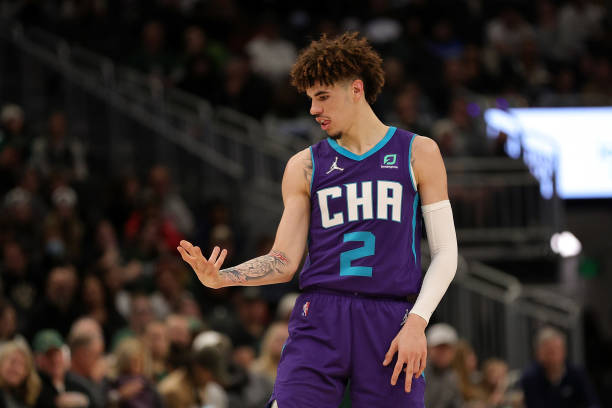I remember back in the day when dancehall and reggae music enjoyed more spin on the radio than it does today, and it seemed like with every third or fourth song, we would hear the words, “Legalize it.”
Today we hear that cry louder than it has ever been.The legalization of recreational marijuana in Colorado, Washington, Oregon, Alaska and Washington, D.C. has lead to some brothers tripping the lights fantastic in celebration of a more relaxed mood on marijuana on the national level.
Go figure, huh?
Despite all of that, most law enforcement agencies across the nation will lock up, and prosecutors are willing throw the book at, black people for marijuana offenses. According to the United States government, Schedule I drugs have high abuse potential, no medical use and severe safety concerns.
The list also includes heroin, LSD and cocaine. For the sake of comparison, schedule II drugs include oxycodone, meperidine, hydromorphone and fentanyl.
Each Schedule II drug has been scientifically proven to be more addictive than marijuana, yet marijuana is technically considered more dangerous by the federal government, based upon its designation as a schedule I drug.
Officially, according to its designation, the federal government felt that there was no redeeming or usable quality for cannabis, despite the medical usage of marijuana being legal in 24 states. Despite recreational use being legal in several states, you can still get locked up for a very long time on weed-related charges, especially if you’re black.
So before you Black folks start rolling doobies and blowing smoke in the faces of your local drug czar, there are a few sobering facts that you should take into consideration.
Though the overall arrests on marijuana related charges have plummeted across the nation, brothers are still on the bad end of the stick when it comes to overall arrest rates. What? You thought white supremacy and the prison industrial complex was going to give you a pass because weed is popular now? No.
According to the ACLU, in 2010 marijuana arrests made up 52% of the 8.2 million drug arrests in the U.S. between 2001 and 2010, with Blacks being 3.75 times more likely to be arrested for weed than Whites, despite Whites having similar usage rates.

When we juxtapose the fact that blacks are nearly four times more likely than whites to be arrested for possessing, distributing or cultivating marijuana in the United States against the the fact that only around 1 percent of the 3,600 storefront marijuana dispensaries in the United States are owned by Black people, we see a scenario where blacks are a continued primary target of drug laws and task forces aimed at marijuana, while being shut out of legal participation in the burgeoning industry by a lack of access to willing investors, lack of land ownership and lack of real estate.
All and all, it takes about $250,000 to start off with. Additionally, a felony drug conviction is a disqualifier as well. The aforementioned mentioned stats of Blacks being nearly four times as likely to be arrested on weed charges tells us that brothers with the knowledge and expertise are already disqualified from participating legally and doing business in the industry.
Amendment 64, which made the recreational use of marijuana legal in the state of Colorado, was passed in 2014. As predicted, overall arrest rates plummeted across the board.
 But the low tide of overall arrest reveals a grimy ring of racism encircling the proverbial bathtub of justice. Since Colorado’s progressive approach to marijuana is fast becoming the envy of the nation, let’s see how they have fared with the legacy of racial scapegoating that continues to plague the War on Drugs.
But the low tide of overall arrest reveals a grimy ring of racism encircling the proverbial bathtub of justice. Since Colorado’s progressive approach to marijuana is fast becoming the envy of the nation, let’s see how they have fared with the legacy of racial scapegoating that continues to plague the War on Drugs.
According to data from the Colorado Bureau of Investigation, the marijuana possession arrest rate in 2010 (per 100,000 population) for white people was 335.12 and the arrest rate for black people was 851.45. This is more than 2.4 times higher than the arrest rate for whites. Black people only make up around 4 percent of the population of the state of Colorado, yet comprised nearly 10 percent of its marijuana arrests prior to the passage of Amendment 64.
In 2014, after the passage of the amendment, whites were being arrested on weed related charges at 115.93 per 100,000, while blacks were arrested at a rate of 281.10. per 100,000.
If one wonders how blacks can be arrested at a higher rate than whites despite making up a very small portion of the overall population, then one need only school themselves on the origins of the prison industrial complex.
Put plainly, it’s racist. Just so you know, arrests for marijuana were on an uptick as of 2014, the last year these stats were made available nationally.




